I tried different alternatives to caffeine to cure my sleep deprivation - here’s why I'm never going back
Writer Kat Storr explored the alternatives to caffeine to figure out if she could give it up for good
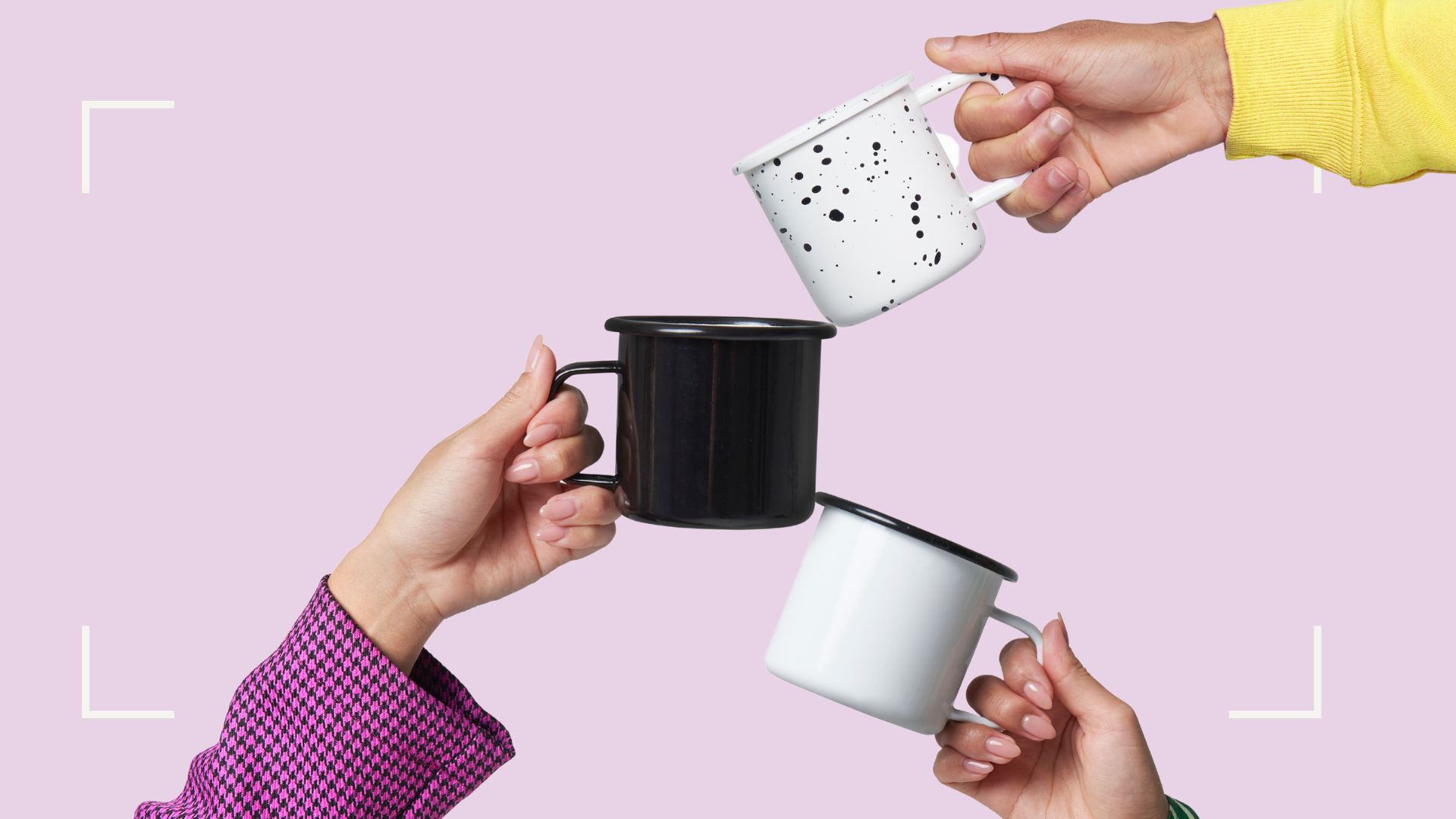
I’ve been thinking for a while that my body and bank balance would benefit if I started to cut back on my coffee habit and explore some alternatives to caffeine. But with sleep deprivation a very real, and seemingly permanent, issue in my life, I’m apprehensive.
Every night is different in our house but one thing that remains consistent is that at least one of our children will wake up. I thought by this stage, with a six-year-old and twins who are four, we’d be past the night-time disruption but I was mistaken. While we’ve largely become accustomed to the broken sleep, some days we really do feel like we’re on our knees with tiredness. That feeling of wishing away the day so you can crawl into bed again is horrible. The main thing that gets us through it is coffee.
There are plenty of healthy alternatives to coffee out there, but according to the British Coffee Association, approximately 98 million cups of coffee are drunk per day in the UK. The reason it’s so popular is not just down to the taste, which you can obviously personalise with syrups and milks, but because it is a stimulant. A 2007 study by Griffith University found that athletes believe caffeine improves endurance and concentration. Parenting can sometimes feel like an endurance sport, which is why I seek my daily caffeine fix.
Caffeine and sleep deprivation
Caffeine can be a double-edged sword when it comes to our health and specifically, our sleep. Superintendent Abbas Kanani, who works with Chemist Click, explains how caffeine can lead to sleep deprivation: “Receptors inside the brain responsible for producing the sleep promoting chemical adenosine are blocked by caffeine, which helps to keep us alert and vigilant for extended periods of time."
Nicole Eichelberger, PsyD , a certified sleep expert specializing in cures for insomnia, reminds me that caffeine can also affect the quality and amount of sleep you get, as well as how quickly you can fall asleep. “Caffeine has a half-life of about 5-6 hours, which means that it can still be present in the body for several hours after it is consumed. This means that even if an individual consumes caffeine in the morning or early afternoon, it can still affect their ability to fall asleep at night.”
It’s for this reason that I’m very careful about when I drink coffee. I’ll always be the first to turn down a post-dinner espresso martini (if it’s a margarita, I’m in!) Sleep is so precious to me these days that running the risk of having any less just feels foolish. But fast forward a few hours to the following morning and caffeine is my best friend again.
But it seems this is not a friendship I should be nurturing. The addictive properties of caffeine are well documented and the added syrups and milks can also contribute to a so-called 'sugar crash' or dip in energy once the ‘high’ has worn off. Professor of psychology at Loughborough University Kevin Morgan says, “Dependence, which is quite common, can result in us feeling tired and headachy if we don’t get our regular shots of caffeine. Reversing these withdrawal symptoms by drinking coffee or an energy drink can be misinterpreted as a benefit of caffeine, whereas in fact, we are only getting back to where we should have been in the first place.”
Sign up to our free daily email for the latest royal and entertainment news, interesting opinion, expert advice on styling and beauty trends, and no-nonsense guides to the health and wellness questions you want answered.
I am only too aware of this vicious cycle, which is why it felt like the right time to try to find new ways to stay awake.
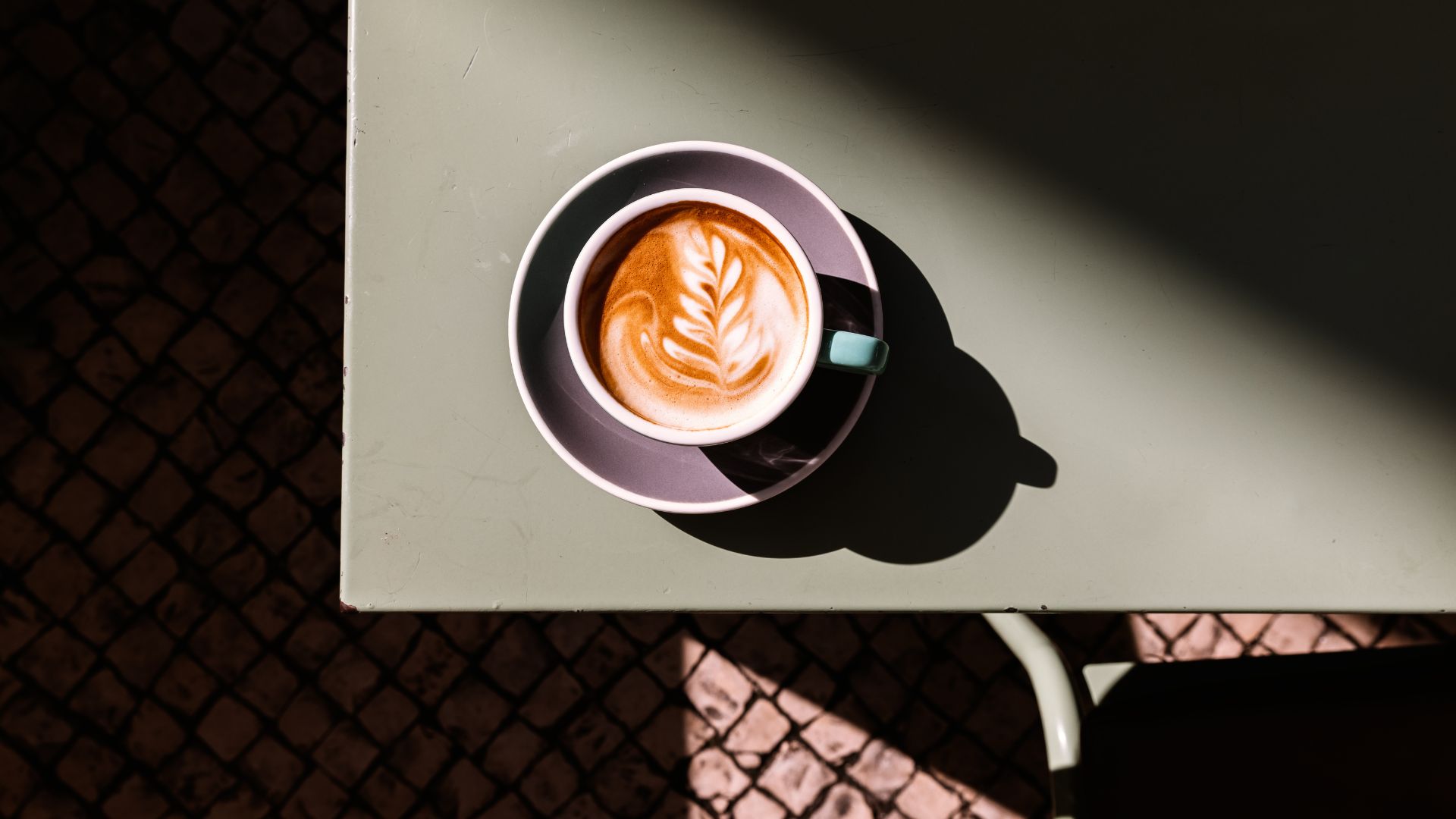
Alternatives to caffeine
1. Exercise in the fresh air
Exercise was the most common caffeine alternative suggested to me by the experts, and famously one of the best sleep aids. Doing any kind of activity which gets your heart rate up will help oxidize your blood and make you feel more awake, research by the Kessler Foundation reveals.
“Exercising can fight off mental and physical fatigue, walking up and down the stairs a couple of times will boost your alertness," explains chartered psychologist and certified sleep expert Dr Lindsay Browning. "Enjoy the sunshine, even if it’s cold outside, [as] sunshine will naturally lift your tiredness.”
I thought I’d give this a try with some morning jogs around my local park. I made sure I put on my running gear as soon as I got out of bed, to avoid any chance of me putting it off. The bracing fresh air certainly woke me up and there is no denying that being out in nature is a great way to start the day. I also made sure I stopped to do some focused breathwork to get even more oxygen to my brain.
While the endorphins I had after my run kept me going through the morning, I felt a big dip in energy once they had worn off. I really wanted a piping hot coffee and felt like I deserved one - but I stuck to water and a banana instead. They certainly didn’t go down as well as a latte but they did make me more alert and the craving went away.
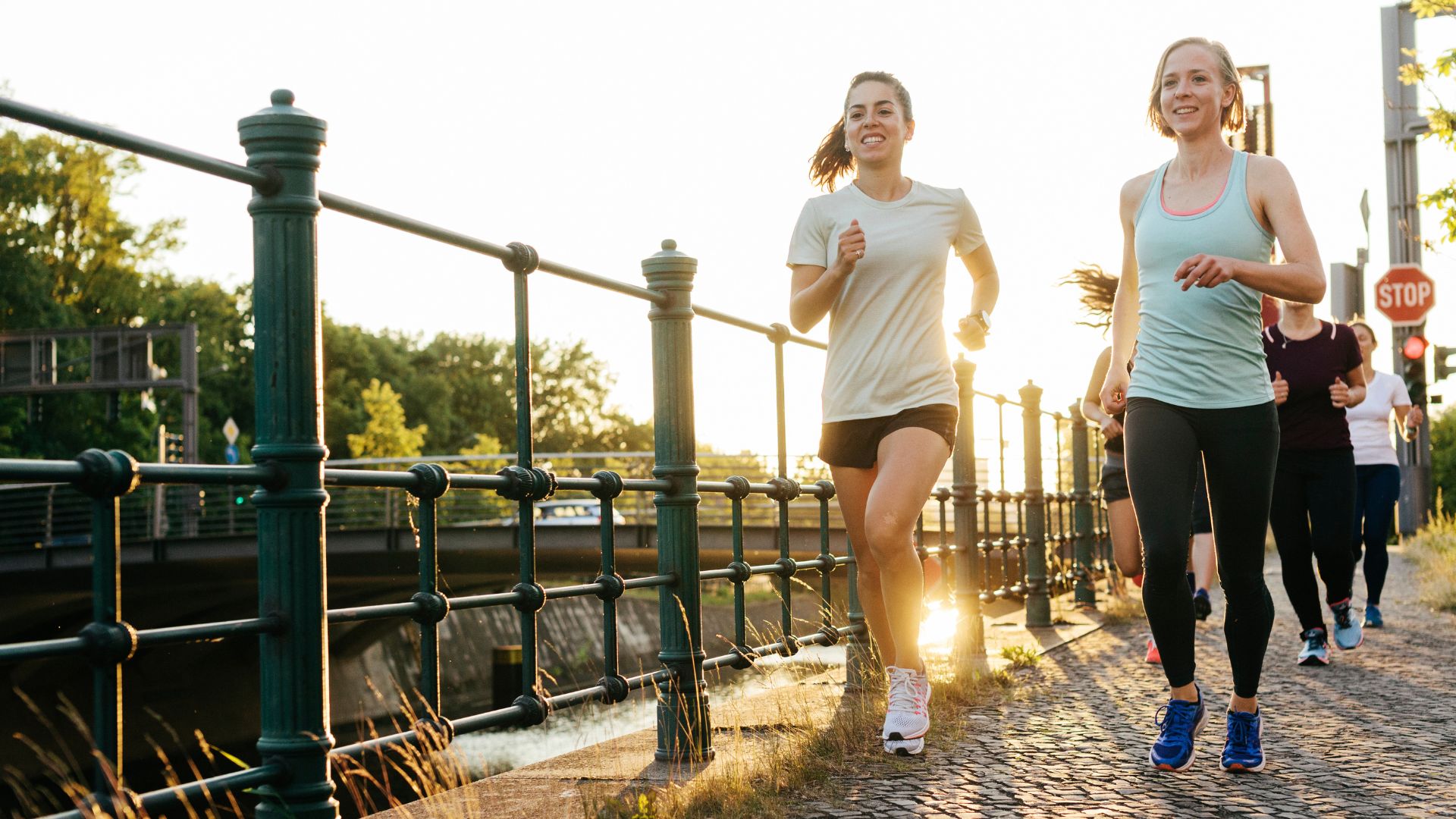
2. Sleep
Looking at my sleep patterns seemed important when exploring ways of making me less reliant on caffeine. Dr Browning advises aiming for between seven to nine hours of sleep per night. With days often starting at around 6am, I decided to make sure I was in bed by 9.30 pm with lights out at 10 pm three or four nights a week. Even if it took me a while to drift off, I was still able to get plenty of quality sleep and I felt so much more refreshed in the morning. This meant I wasn’t relying on a coffee to wake me up straight away and then another one later in the morning when that caffeine high had worn off.
It’s very common for our natural circadian rhythm (a 24-hour process that regulates your sleep-wake cycle) to drop during the afternoon and this is exactly what happens to me. At around 3 to 4 pm I lose all motivation to do anything and feel sluggish and tired. On the days I had forfeited my second coffee, I found these hours even harder to get through.
Jeff Kahn, a sleep expert and CEO and co-founder of RISE Science, says, “Being able to anticipate those fluctuations and plan accordingly means you can do your more challenging work during your energy peaks and less demanding work during your dip, potentially removing the need for afternoon coffee.”
Kahn, who created the sleep app and energy tracking app, RISE, recommends napping for 10 to 20 minutes to avoid feeling groggy when you wake up. This worked really well for me and I found that 10 minutes had a real restorative effect. It offered the energy I needed to get through school pick-up and bath and bedtime - before I headed to bed at 9.30 pm.
3. Drinking enough water
Dehydration is proven to make you feel tired and low on energy and reaching for a coffee first thing in the morning is not going to help restore your body’s fluids, numerous studies - including one from Peking University - have shown. If you're anything like me, a caffeine hit will make you feel good initially but tiredness caused by dehydration will always come back to bite you later in the day.
To avoid this, I tried swapping my morning coffee for a big glass of water followed by a warming cup of caffeine-free peppermint tea. No, it wasn’t as satisfying as a frothy coffee but I knew it was doing me good, and the quick rehydration made me feel zingy and ready for the day.
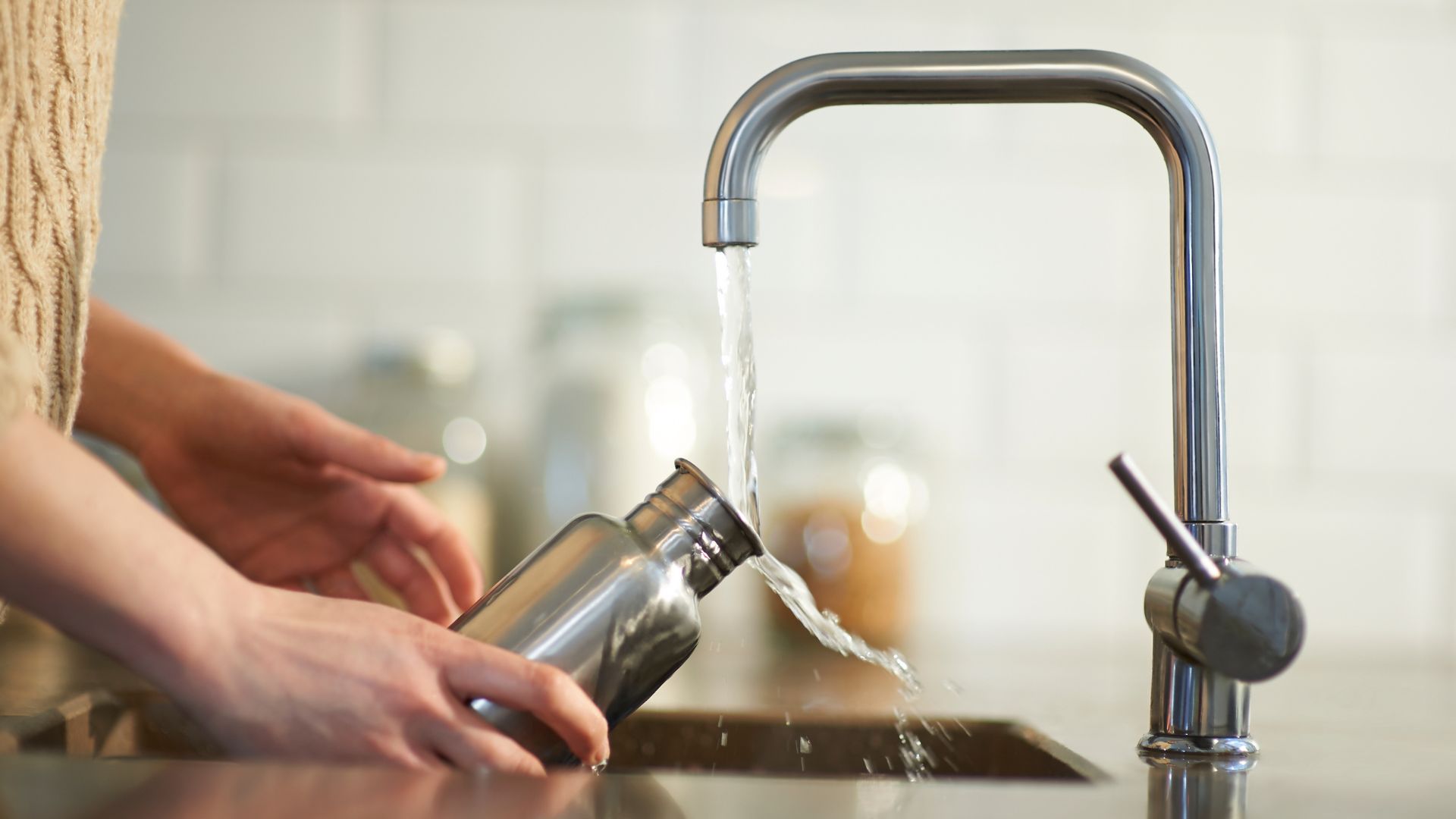
4. Diet changes
As much as your water intake can have an effect on how tired you feel, your diet can too. What you eat can have a huge impact on your energy levels first thing in the morning.
A coffee should never replace a proper breakfast that fills you up. I swapped my not-very-filling cereal for porridge with berries and oats or low-sugar granola and yoghurt with nut butter and berries, per advice offered by the likes of the NHS. I found these foods released energy slowly throughout the morning, which meant I wasn’t desperate for a coffee. For lunch and dinner, I filled up on protein-rich meals with plenty of vegetables and whole-grain carbs. Taking the time to think about balanced meals which would keep my energy levels up for the rest of the day made me less sluggish and able to survive without that second coffee.
Will my caffeine consumption change for good?
My coffee habit had crept up on me after having babies. I never drank coffee before becoming a mum. Taking the time to try alternatives to caffeine gave me extra energy and improved my sleep quality. I don’t want to go through the process of quitting caffeine completely but I know there are alternatives out there that will keep my mind and body healthy throughout the day. Plus, choosing one of the alternatives to caffeine occasionally won't cost me £3 a day on my way to work.
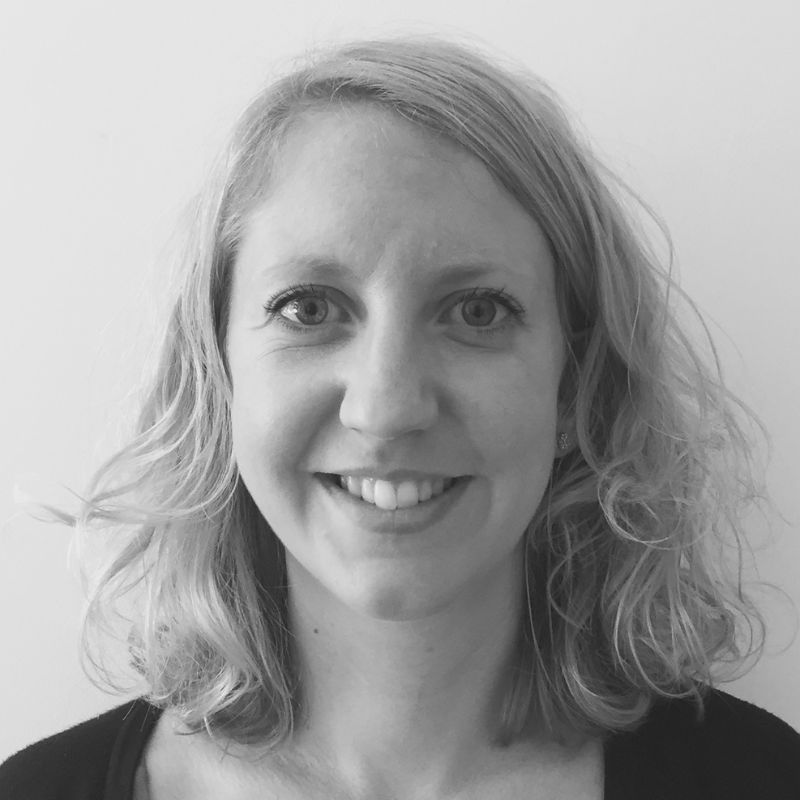
Kat Storr has been a digital journalist for over 15 years after starting her career at Sky News, where she covered everything from world events to royal babies and celebrity deaths. After going freelance eight years ago, she now focuses on women's health and fitness content, writing across a range of UK publications.
From perimenopause to the latest fitness trends, Kat loves researching and writing about it all. She's happy to give any fitness challenge a go and speaks to experts about wellbeing issues affecting people every day.
